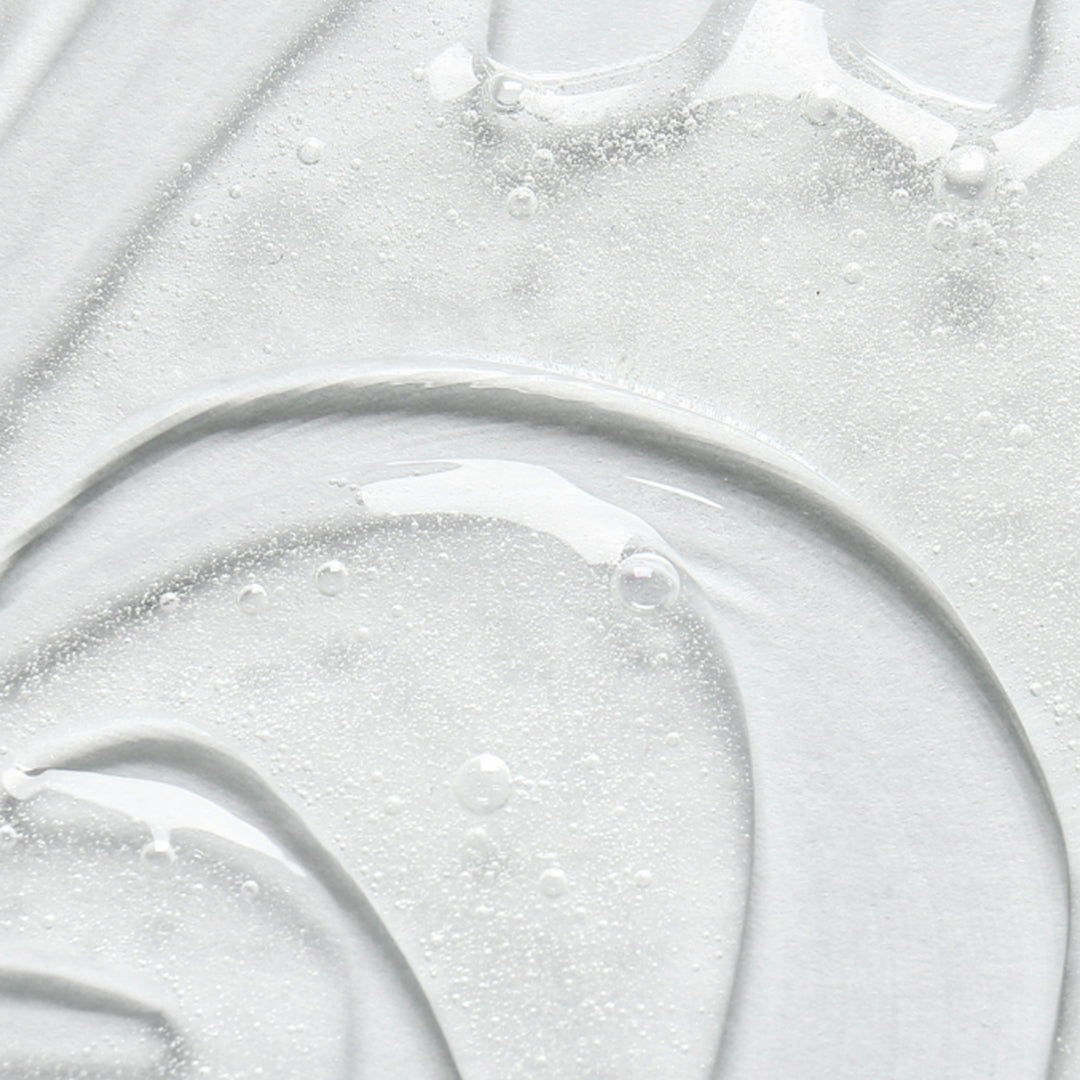历史
烟酰胺(Niacinamide),又称维生素 B3 或烟酰胺,是在 20 世纪初为治疗糙皮病(由烟酸缺乏引起的疾病)而开展研究时被发现的。美国医生 Joseph Goldberger 发现了饮食与糙皮病之间的联系,从而确认了烟酸作为必需营养素的地位。“Niacin”一词被创造出来,用以同时指代烟酸及其酰胺形式——烟酰胺。
科学
烟酰胺对于促进角蛋白、丝聚蛋白(filaggrin)和包膜蛋白(involucrin)等皮肤蛋白的生成至关重要,这些蛋白有助于维持皮肤结构与弹性。研究表明,每日使用 4–5% 浓度的烟酰胺 8–12 周,可显著改善皮肤弹性并减少皱纹。
色素沉着和棕色斑点是常见的皮肤困扰,而烟酰胺可通过抑制黑素体向皮肤细胞的转运来改善这一问题。研究显示,每日使用 2–5% 烟酰胺八周,可明显减淡色斑,与氨基葡萄糖(acetyl glucosamine)联合使用时效果更佳。
烟酰胺在修复皮肤屏障方面同样发挥关键作用,而健康的屏障对于锁住水分、抵御外界刺激至关重要。它能促进神经酰胺、游离脂肪酸和胆固醇的合成,从而提升皮肤保湿能力并减少经皮水分流失。
凭借其抗炎与调节皮脂分泌的特性,烟酰胺在治疗痤疮方面也十分有效。一项研究发现,每日使用 4% 烟酰胺八周后,82% 的受试者痤疮症状得到改善,其效果可与 1% 克林霉素凝胶相媲美。
此外,烟酰胺还能促进创口愈合,加速表皮细胞生长,并具备光保护和抗菌特性。其抗炎作用对玫瑰痤疮和特应性皮炎等疾病也有益处,进一步凸显了其在护肤中的多面性。
参考文献
- Shalita, A. R., Smith, J. G., Parish, L. C., Sofman, M. S., & Chalker, D. K. (1995). Topical nicotinamide compared with clindamycin gel in the treatment of inflammatory acne vulgaris. Journal of Investigative Dermatology, 105(4), 132-137.
- Bissett, D. L., Oblong, J. E., & Berge, C. A. (2005). Niacinamide: A B vitamin that improves aging facial skin appearance. Journal of Drugs in Dermatology, 4(1), 1-5.
- Draelos, Z. D. (2005). The latest cosmeceutical approaches for anti-aging. Journal of Cosmetic Dermatology, 4(1), 20-26.

